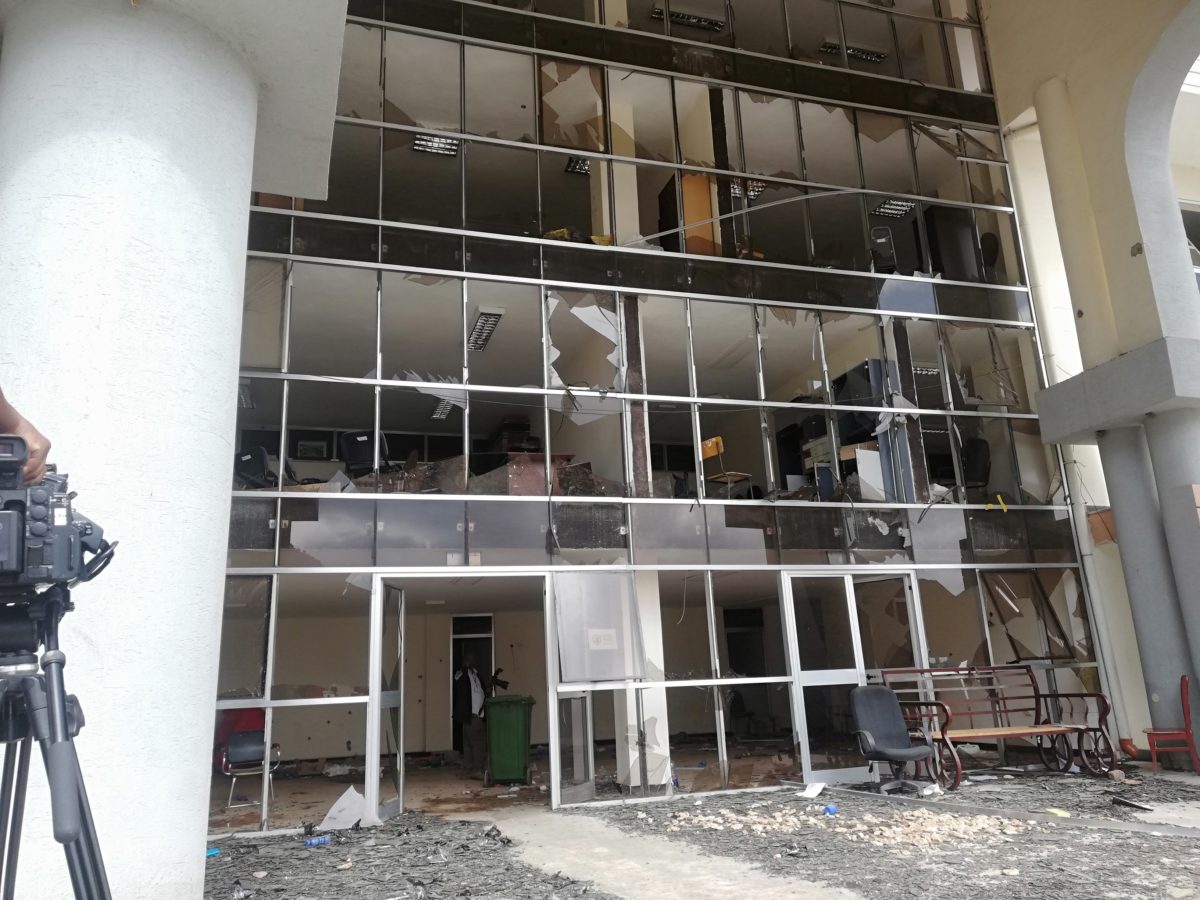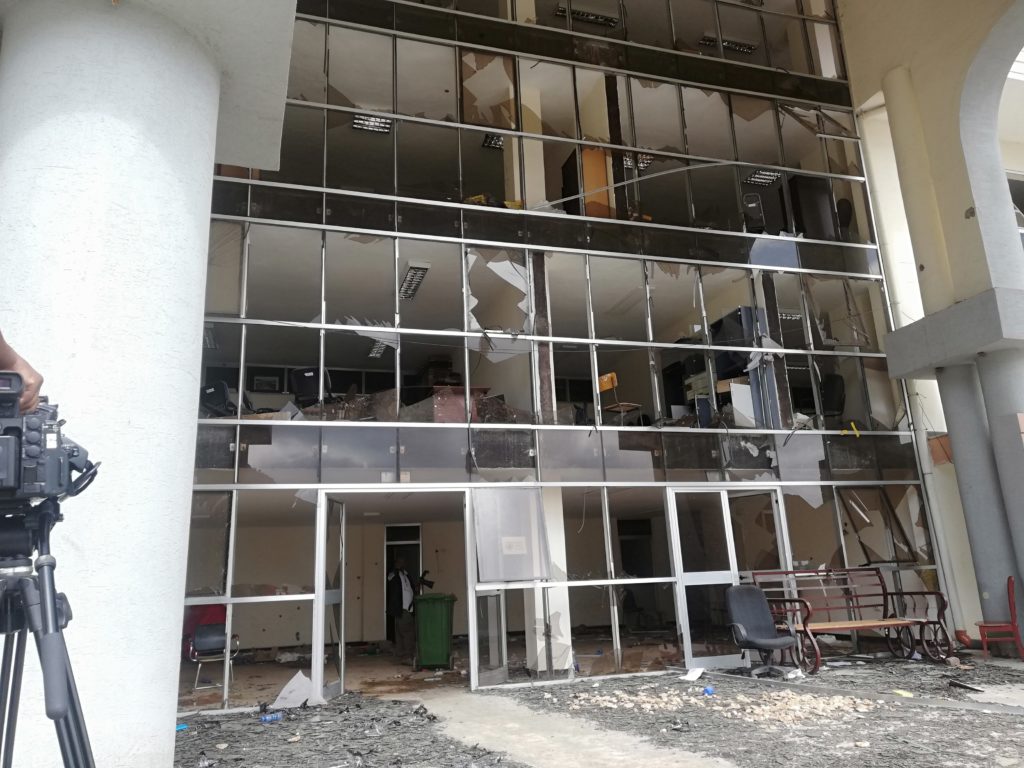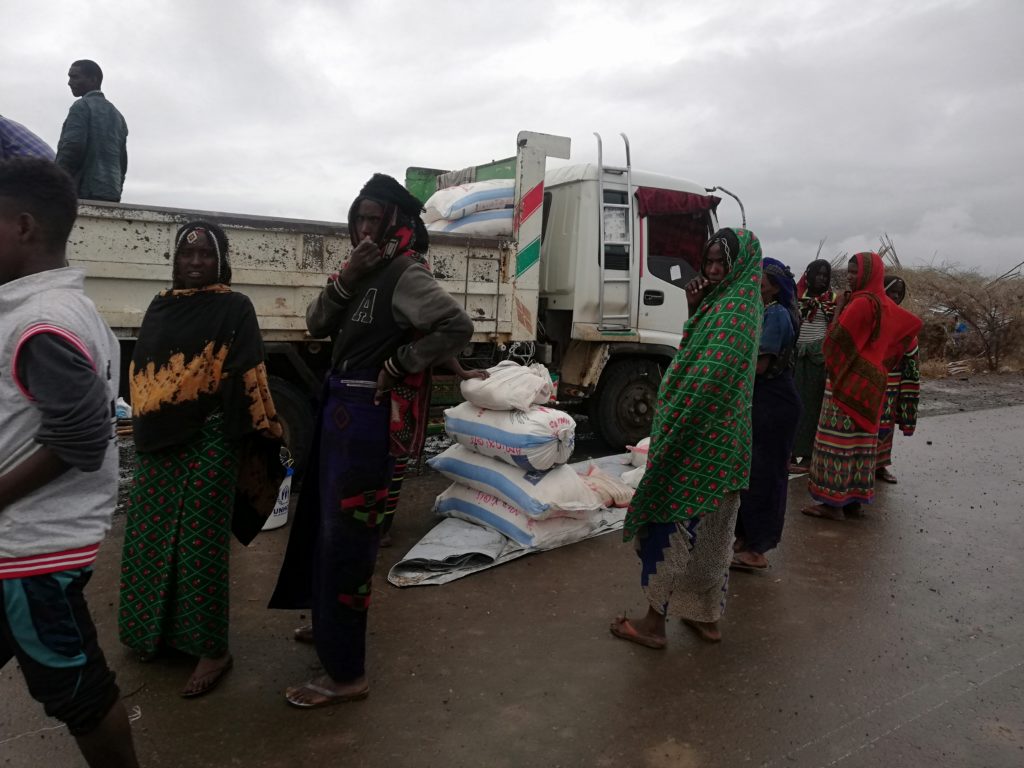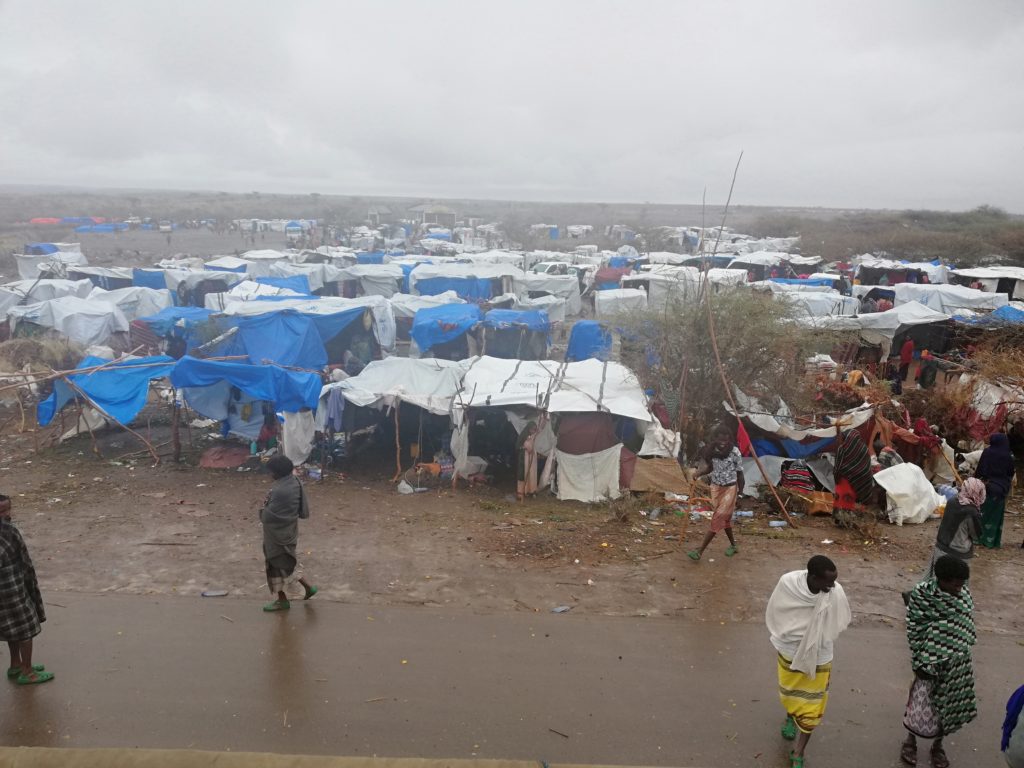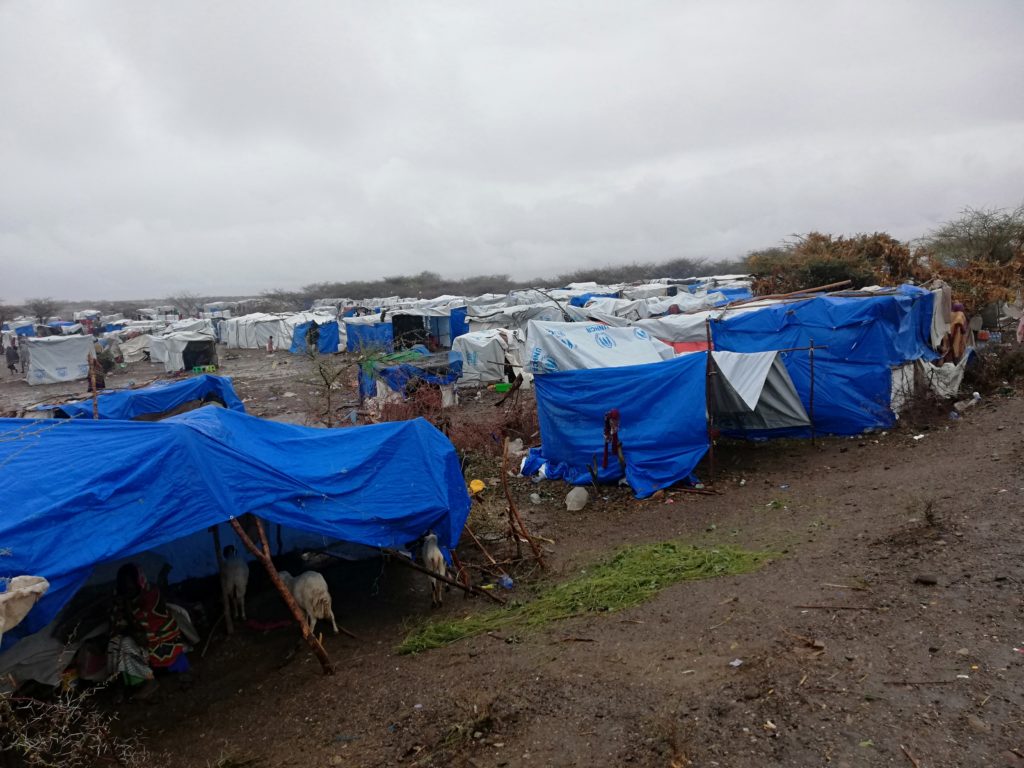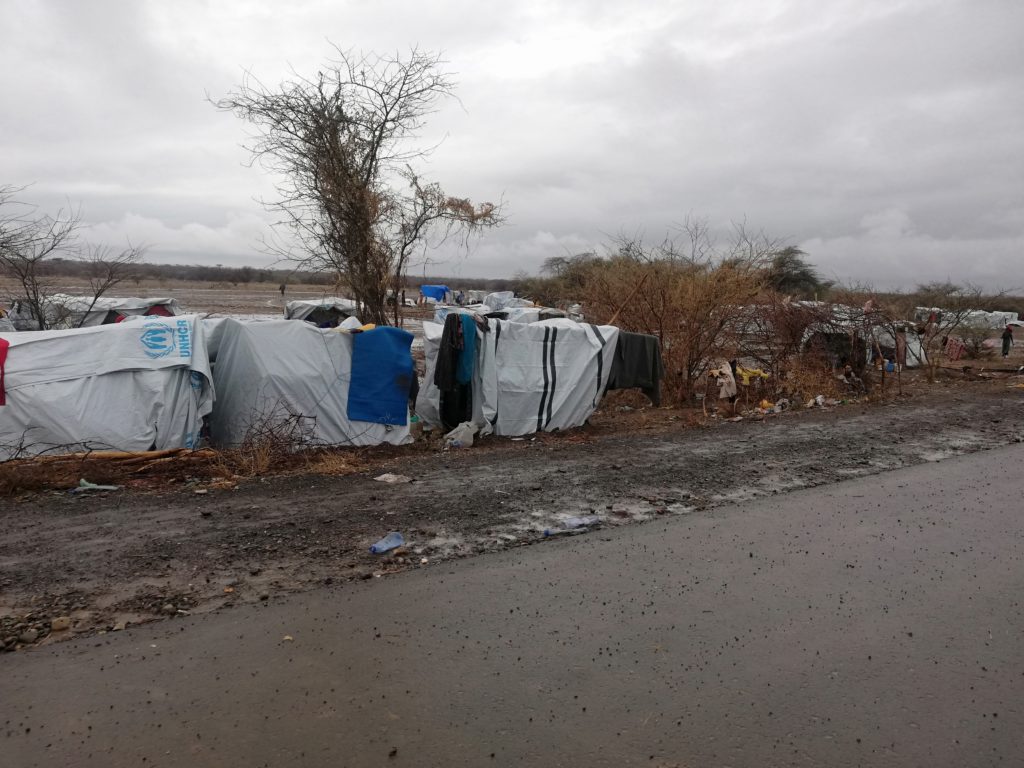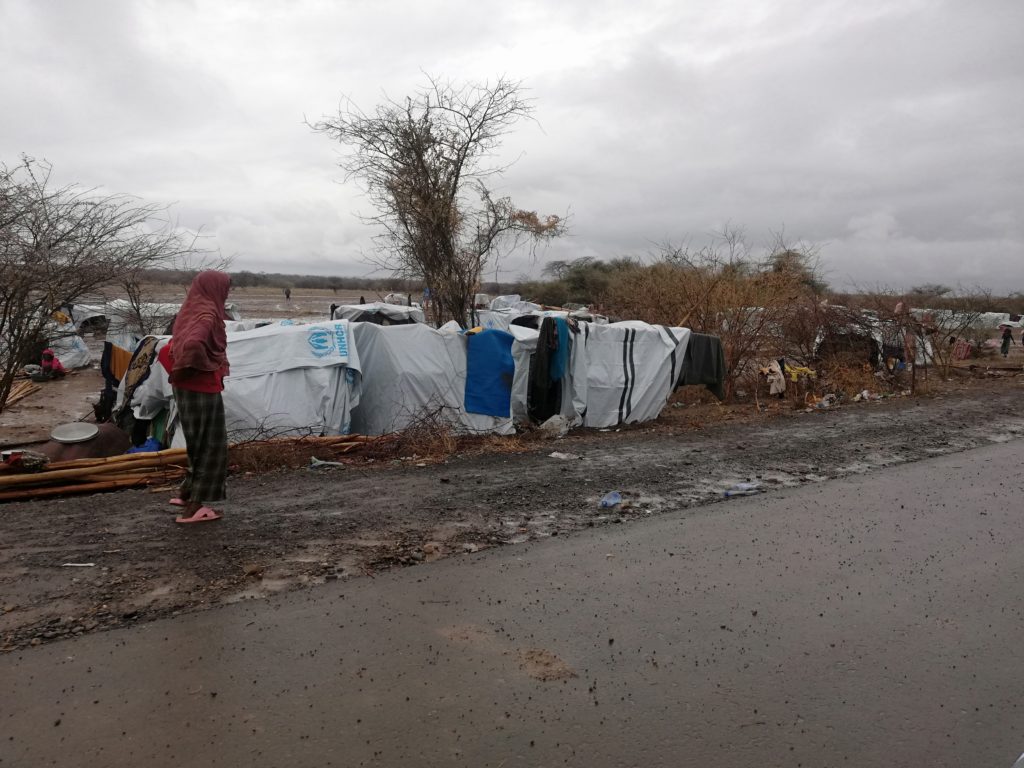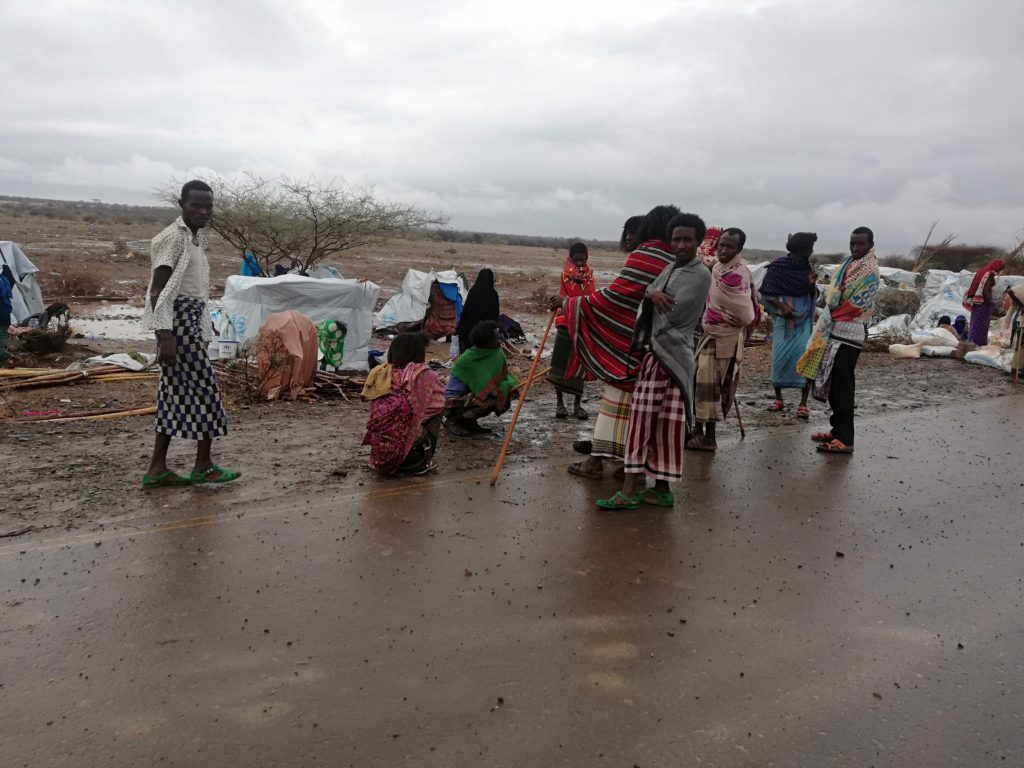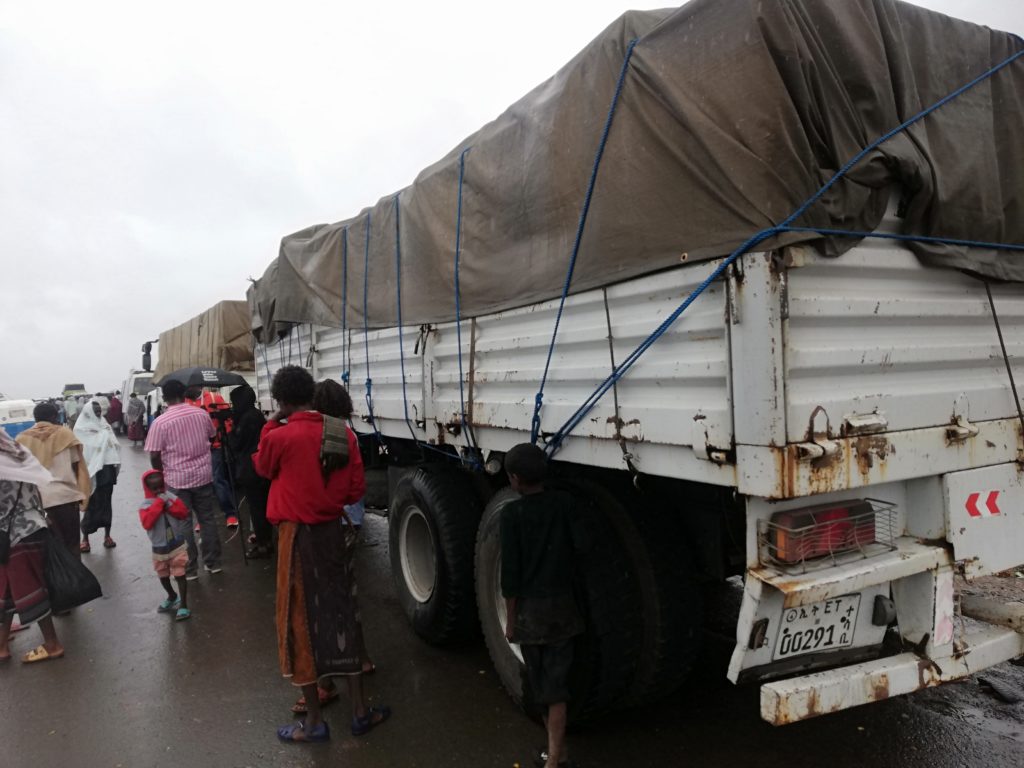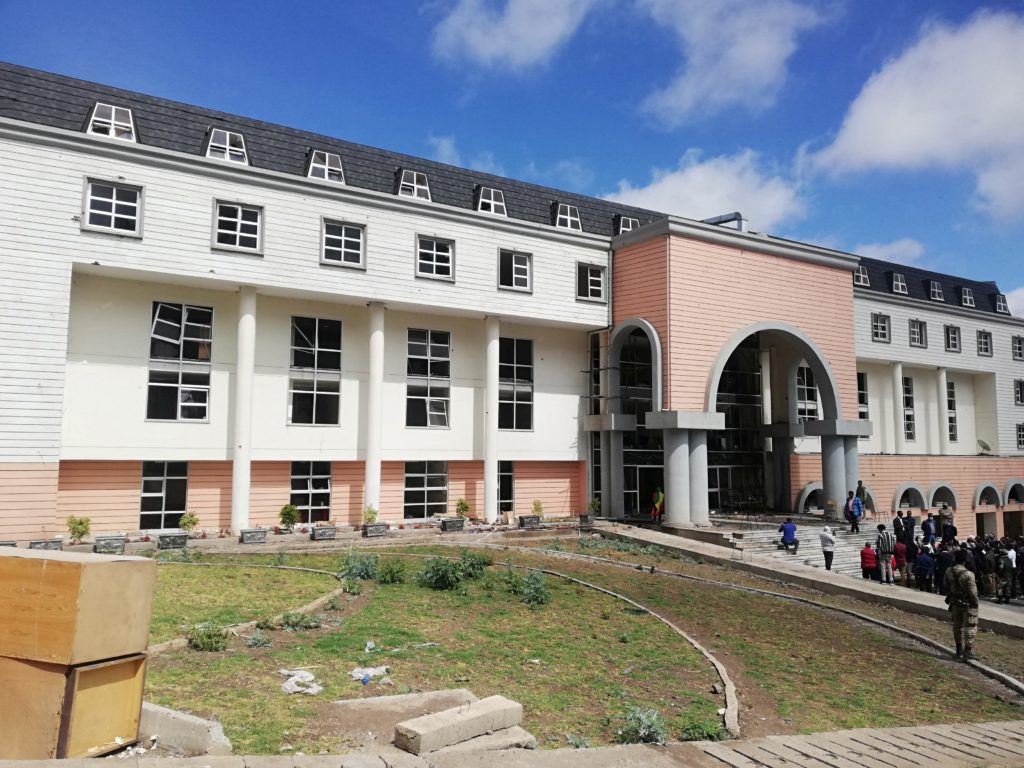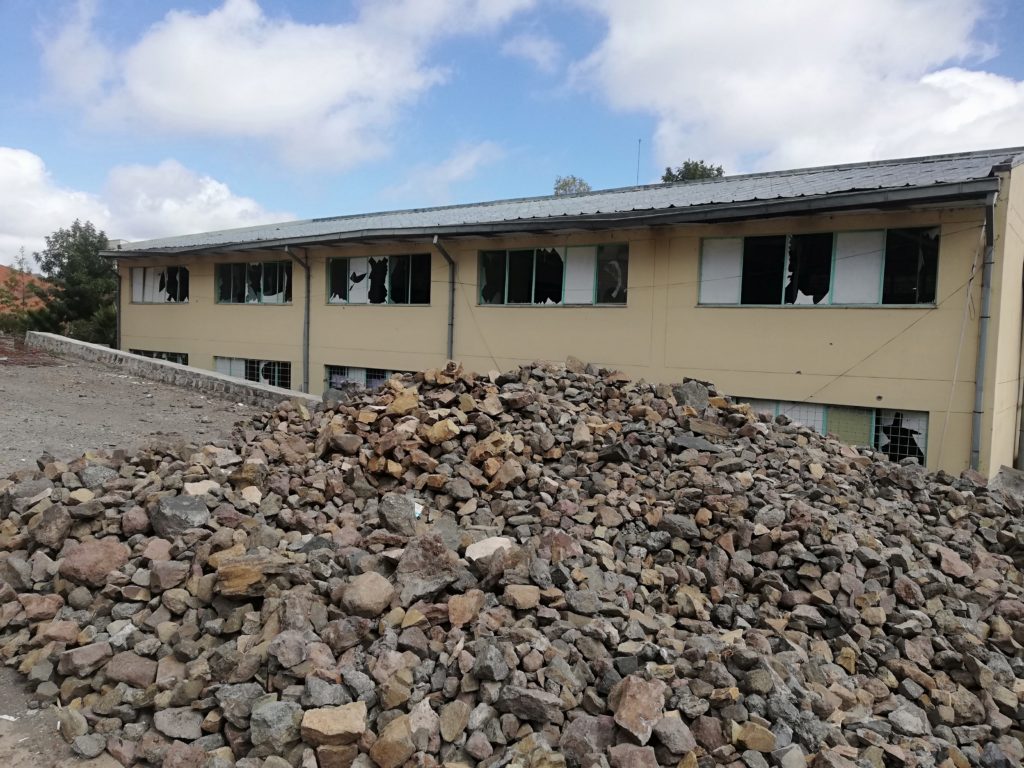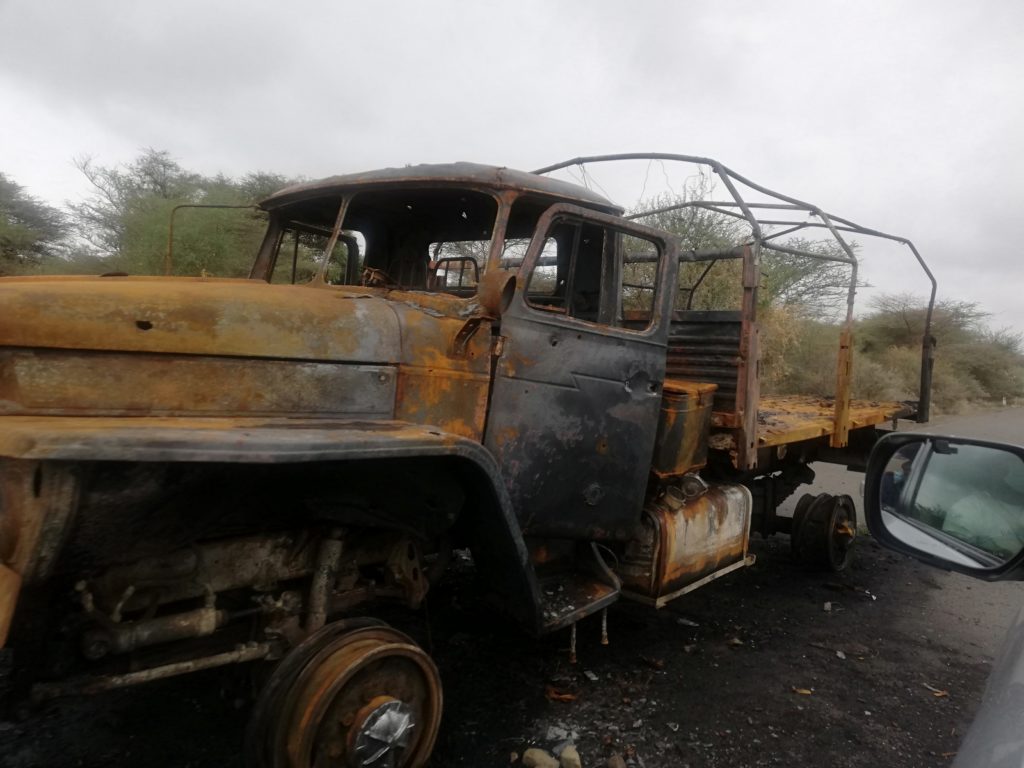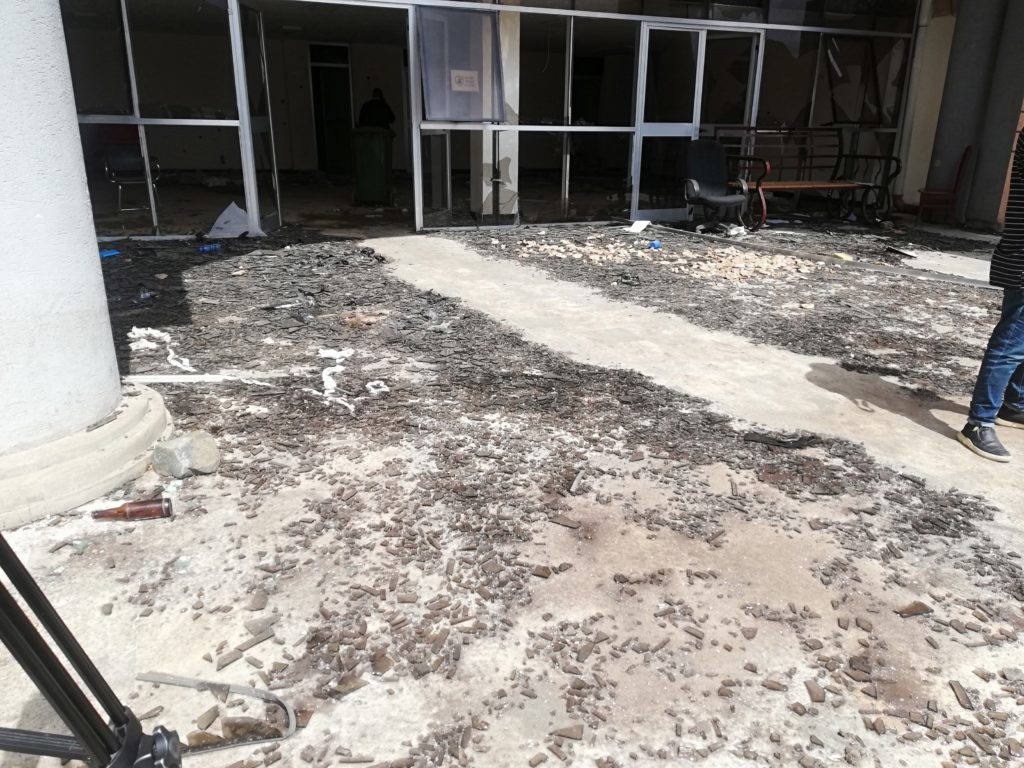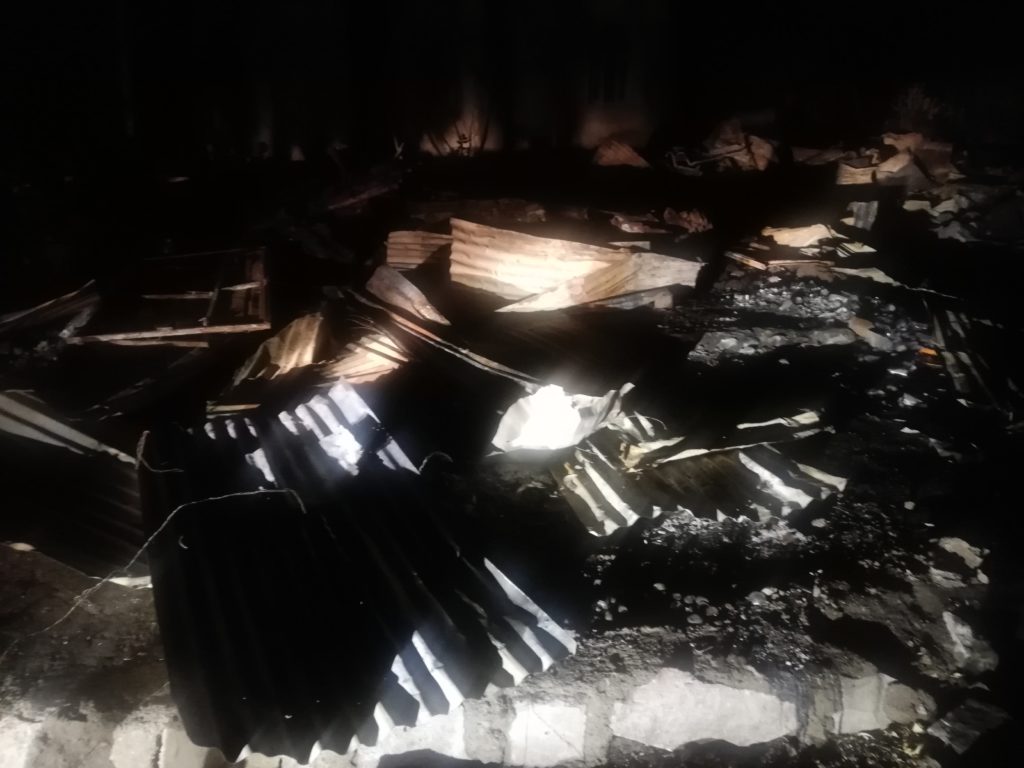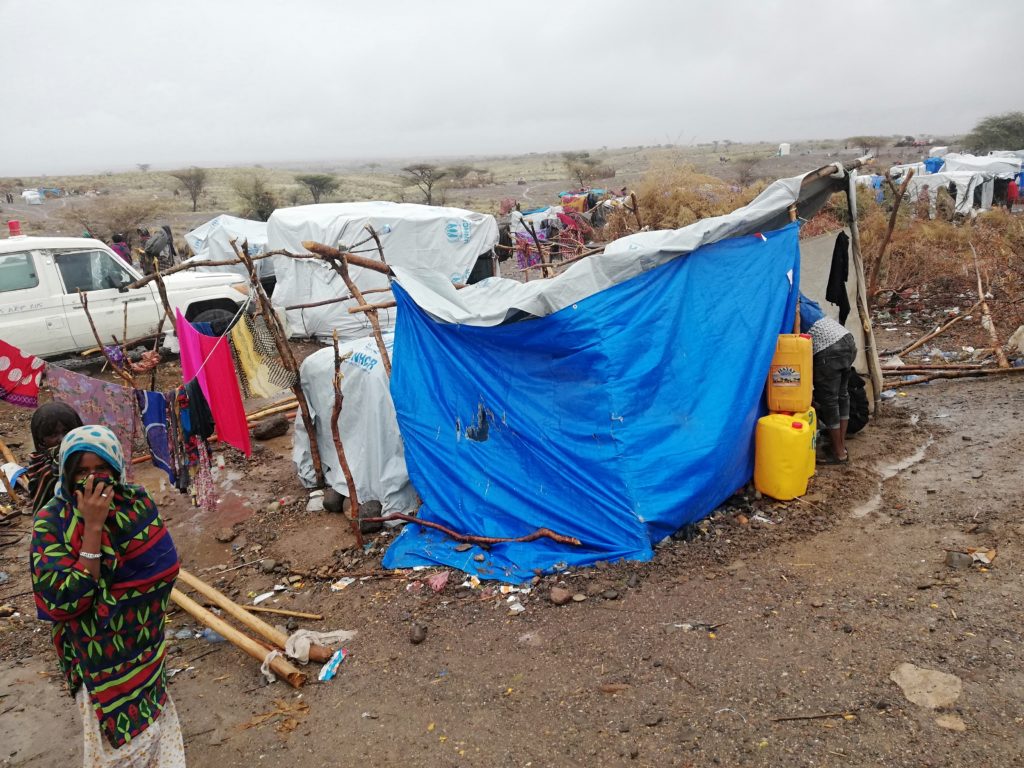A visit to Afar and Amhara, both regional states in Ethiopia, will reveal devastating living conditions and a worrisome future of the residents. The trappings of the war taken to their doorsteps by invading forces (TPLF) from neighbouring Tigray region, are not only evident on their faces, but also, in all corners of of the two regions.
When I arrived at Semera Airport in Afar and travelled by road within the region, and later in Dessie and Kombolcha towns in Amhara as I interviewed the locals, I nearly brokedown as they painfully narrated how the disheartening hostilities unfolded.
During TPLF’s occupation in Afar and Amhara, rape of women and girls, vandalizing of education institutions, health facilities and burning down of places of worship was the order of the day. The devastating atrocities took centre stage with impunity.
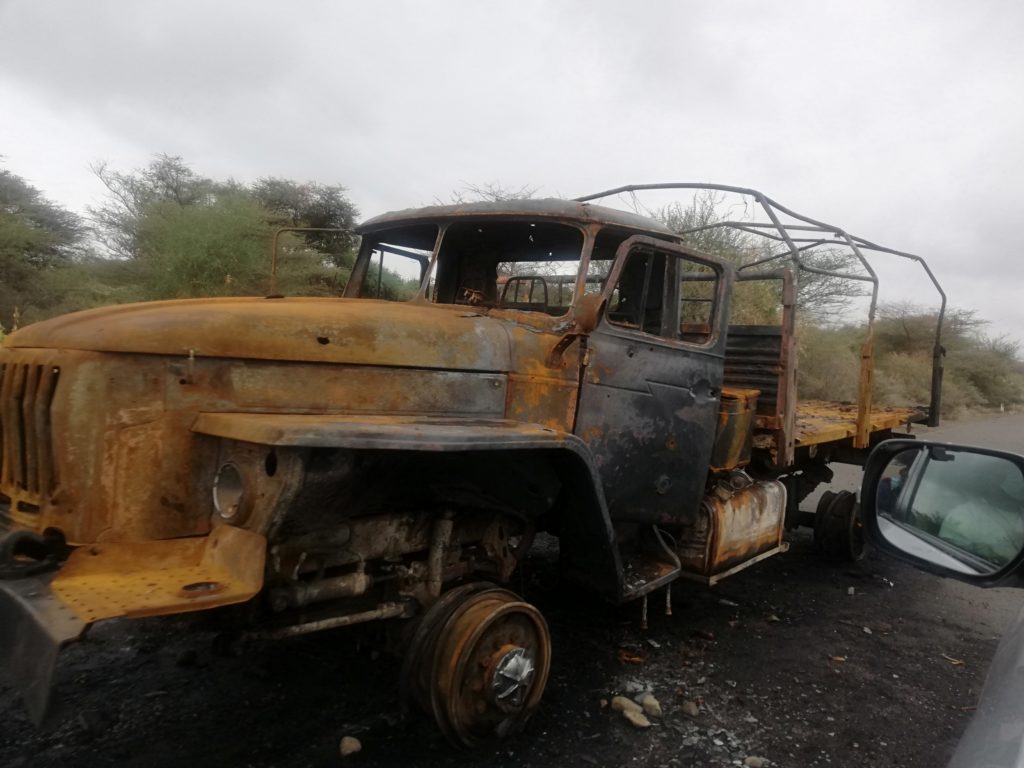
The residents are now grappling with getting to terms with the painful realities of war including damaged property, brutal killing of their loved ones, body injuries inflicted on them, sexual violence, malnutrition, illness and disability. On interacting with them, you visibly see post-traumatic stress disorder (PTSD), depression and anxiety on the faces.
At Kasagita, a mountainous area in Afar which was a stronghold for TPLF, the atrocities there, are appalling. Kasagita mosque was burnt down after days of occupation by the TPLF. What currently exists are pieces of burnt iron sheets and concrete.
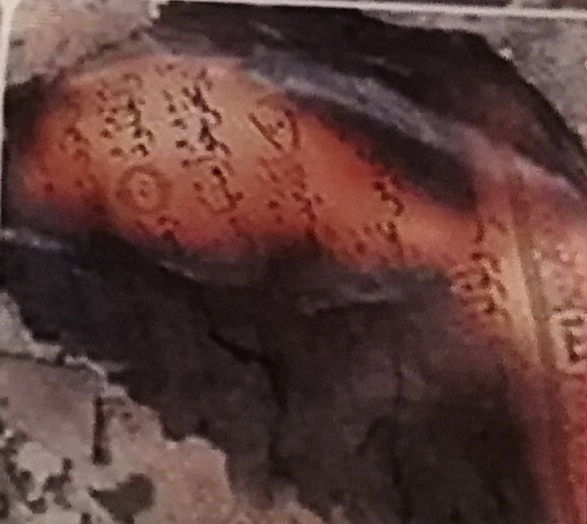
Kasagita residents underscore that the rebels occupied the mosque for a couple of weeks and in this period, they raped women therein and turned it into a semblance of a bar. A number of empty bottles of beer and used condoms remain disposed in what used to be a mosque. I also saw pieces of burnt Quran, the central book for Muslims, scattered allover the place.
Nine-year old Abyiot and Haymanot aged 7 years (not their real names) told me how the attack happened.
“When the armed men came and started shooting, everybody at home was running away, we did not know what to do but later we ran to the other bush (pointing to a bushy hilltop) from where we witnessed the fighters burning our house, mosque and my parents’ pharmacy,” Abyiot said, adding that four of their neighbors were killed.
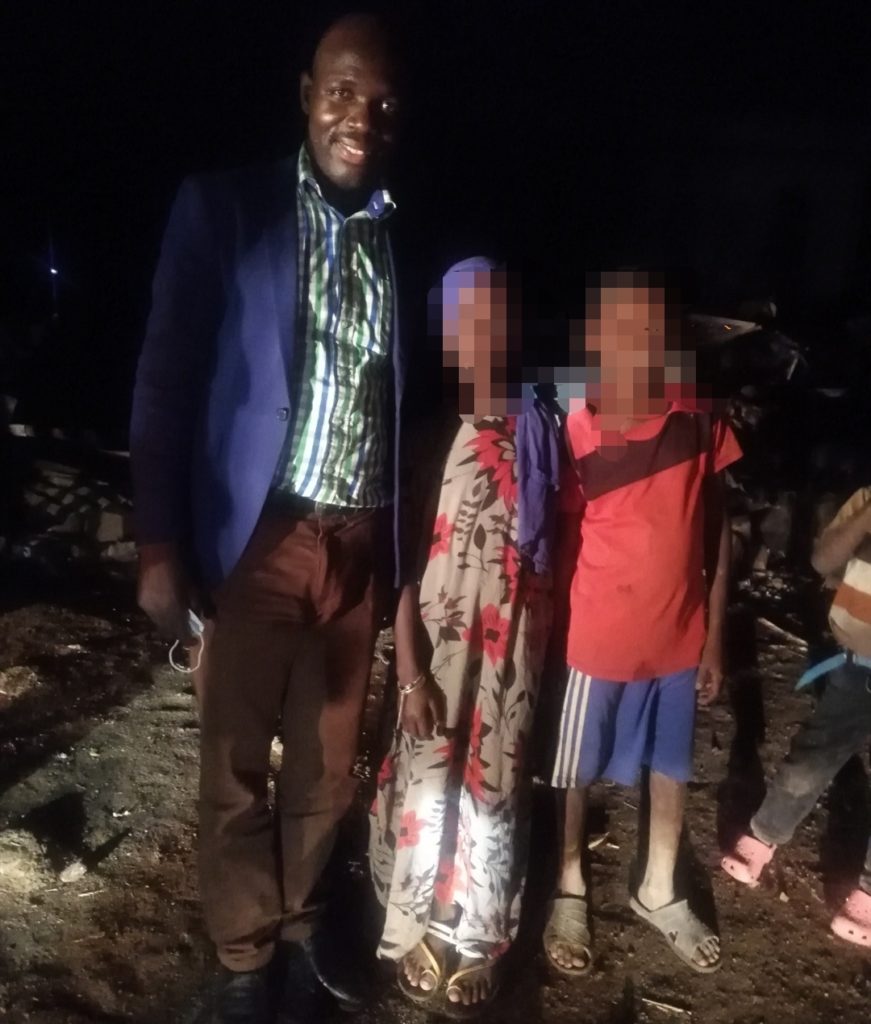
Haymanot told me that they are currently renting a very small single-room house with their parents as they pray to get some support from well-wishers to build another house.
The two minors told me that they live in fear and are afraid that the group could invade them again.
Semi, a forty-seven-year old mother of five, says she realized that war was before her face when she heard the whooshing of gunshots. In just a few minutes, armed men were already in her home. She identified the perpetrators as TPLF fighters based on their accent.
“I was assaulted and forced to have sex with four soldiers in turns in the presence of my children as I pleaded for mercy. My 17-year old daughter too was raped by another soldier at the same time,” Semi explained.
The same despicable acts of rape happened in Amhara. A report by Amnesty International published on November 9 last year, indicate that several women in the region were raped at gunpoint, robbed and assaulted when TPLF took control of Nifas Mewcha, in Amhara’s Gaint District, for nine days between 12 and 21 August 2021.
According to a local government desk officer for Women, Children and Youth Affairs, 71 women reported that they were raped by TPLF fighters during the period in question – the Federal Ministry of Justice puts the number at 73.
Bemnet, a 45-year-old Nifas Mewcha resident, told Amnesty International that four TPLF fighters came to her house on the evening of August 14 and demanded she make them coffee, before three of them gang raped her.
“I suspected their intentions, and I sent away my daughters to stay away from the house. (The soldiers) told me to bring them home. I told them they won’t come. Then they started to insult me. They were saying ‘Amhara is donkey’, ‘Amhara is useless’. One of them told the others to stop insulting me. He said, ‘she is our mother; we don’t have to harm her’. They forced him to leave the house and three of them stayed back at my home. Then they raped me in turns.”
Gebeyanesh, a 30-year-old food seller in the town, told Amnesty International that;
“It is not easy to tell you what they did to me. They raped me. Three of them raped me while my children were crying. My elder son is 10 and the other is nine years, they were crying when the TPLF fighters raped me. They did whatever they wanted and left. They also assaulted me physically and took shiro and berbere (local food items) . They slapped and kicked me. They were cocking their guns as if they are going to shoot me.”
TPLF also looted and vandalized health centers, schools, and other public infrastructures found in Amhara region.
Wollo University one of the topmost Universities in Amhara, is both wrecked and ruptured, the situation isn’t any better. The University was demolished by TPLF fighters who vandalized it and stole properties worth 10 billion Birr (about $208m), according to the administration.
Computer frames, broken pieces of door and window glass as well as torn-apart books are littered right from the front of the entrance of the main building to almost every inside part of the building.
In the compound, just a few meters on entry, you clearly see vandalized equipment, damaged structures and windows. Just like at the Kasagita mosque, empty bottles of beer, both used and unused condoms, blood stained bandages, used syringes are all spread inside the building.
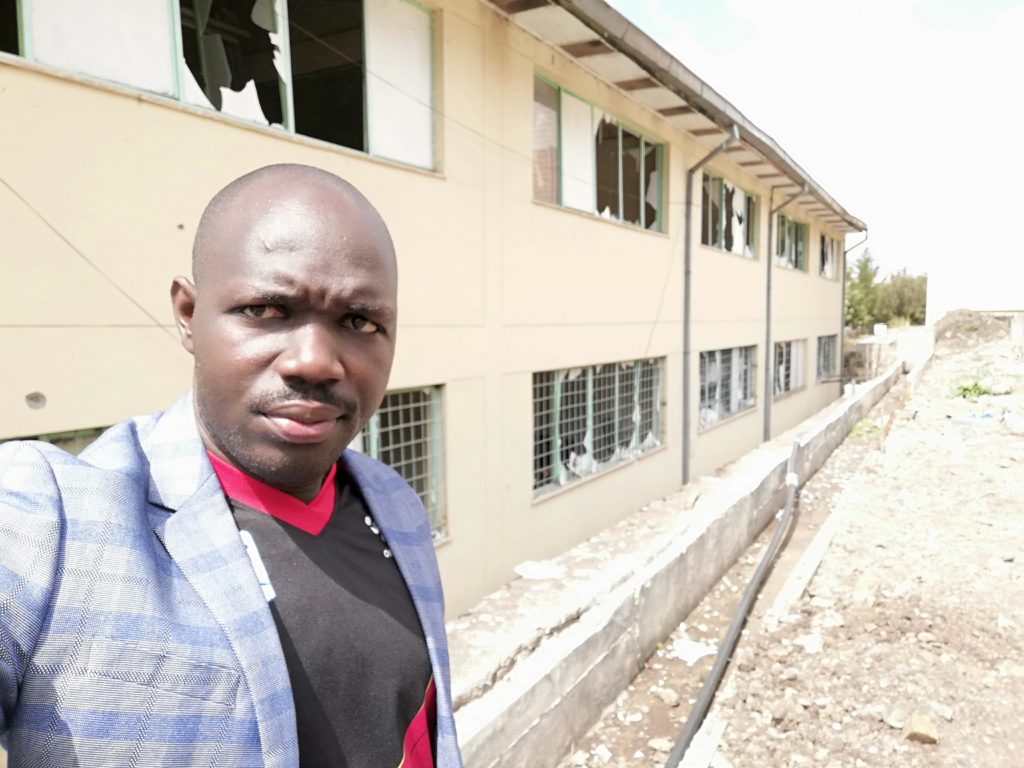
Dr Muhammed Idris, the Deputy Director of Ethiopian Diaspora Agency said, “It will take us decades to bring the university to its normal status. Every floor, every item, laboratory equipments and everything was looted by the TPLF.”
In addition to the 10 billion Birr worth destruction and looting by TPLF in Wollo University, regional authorities indicate that over 279 billion Birr (about $5.8 billion) property was damaged by the terrorist group in the area.
Health facilities including Boru Meda Hospital, located about 400 km North of Addis Ababa were not spared either. Before its destruction, the facility that was constructed 60 years ago, served more than 10 million people in East Amhara, but the damage here, is horrifying.
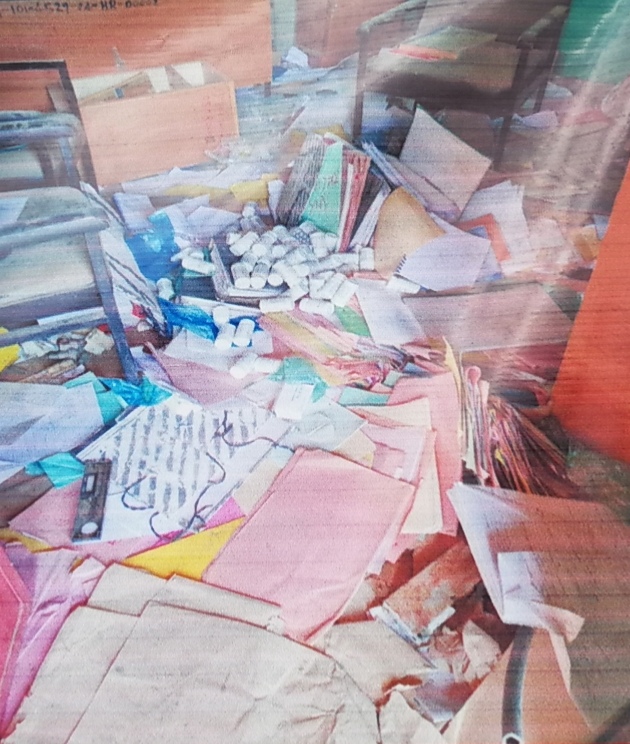
Dr Samuel Cassa, an Orthopedic surgeon at the facility, told Plus News that medicines worth millions were looted and several hospital equipment destroyed.
“The attack here happened when I was doing a surgery on one of the injured soldiers. The hospital was bombed by the artillery and it was very shocking to us. When the fighters came in, they went away with a lot of medicines and equipment. They burnt and destroyed all those they couldn’t carry,” Dr Samuel said.
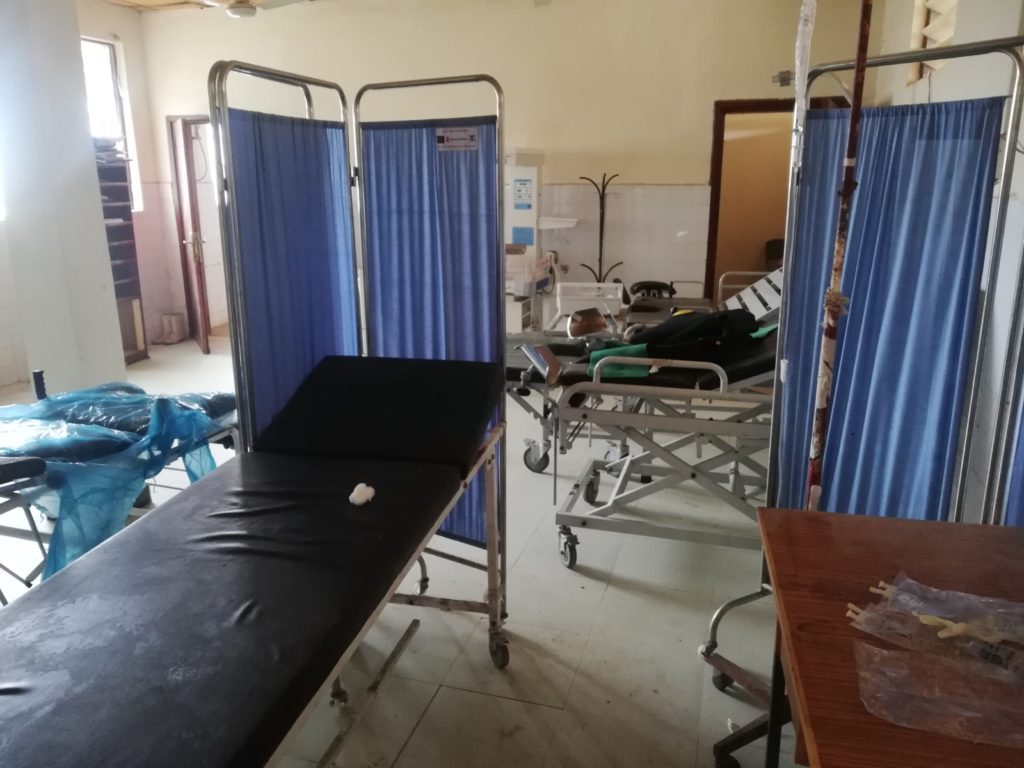
At Chifra Hospital, Awali Ali, the facility’s Director says they have now resorted to only giving emergencies to the 116,000 area population , following an attack on the facility by the TPLF fighters who looted and vandalized the hospital.
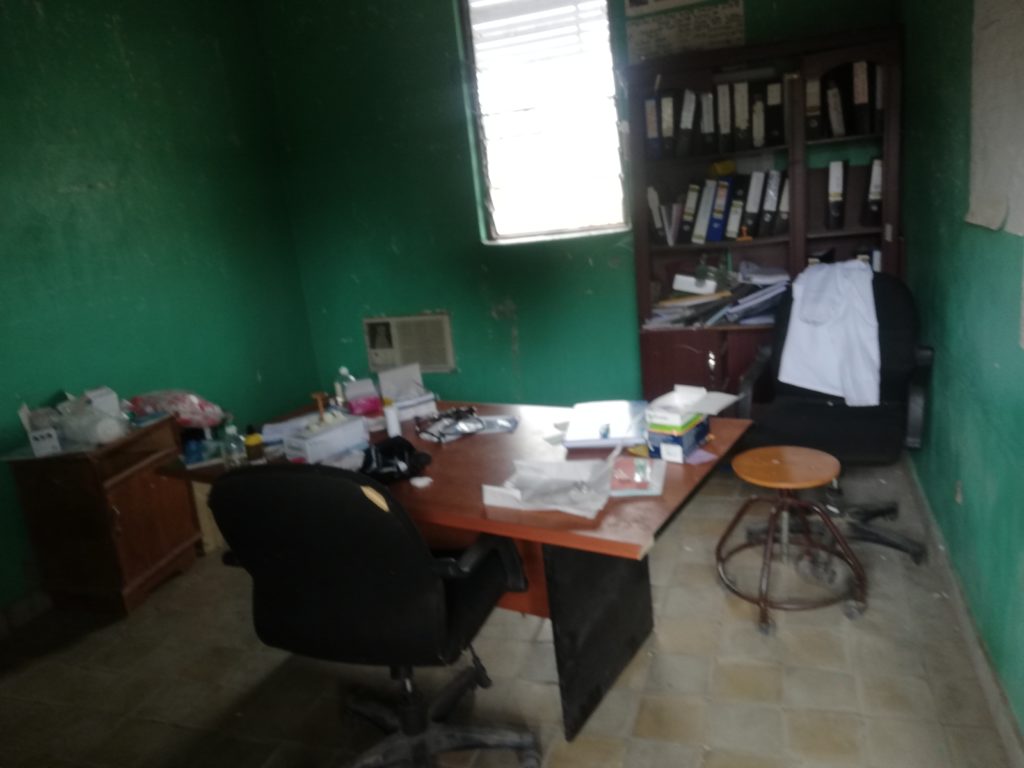
It is estimated that since June 2021, more than 500,000 people have been displaced due to the spread of the conflict over to the Afar Region. The IDPs are mainly concentrated in Gaulicoma (IDPs from Gulina and Awra woredas), Digdiga (IDPs from Gulina, Yalo, Teru woredas), and in Chifra (IDPs from Awa, Awra, and Gulina woredas).
According to Ali Maha, who is part of the response team at Chifra IDP camp, the area houses more than 9,500 households who include 7,000 from Chifra township and 2,500 from Awra Woreda town. Most of the IDPs are women and Children. He says the living conditions here are worrying.
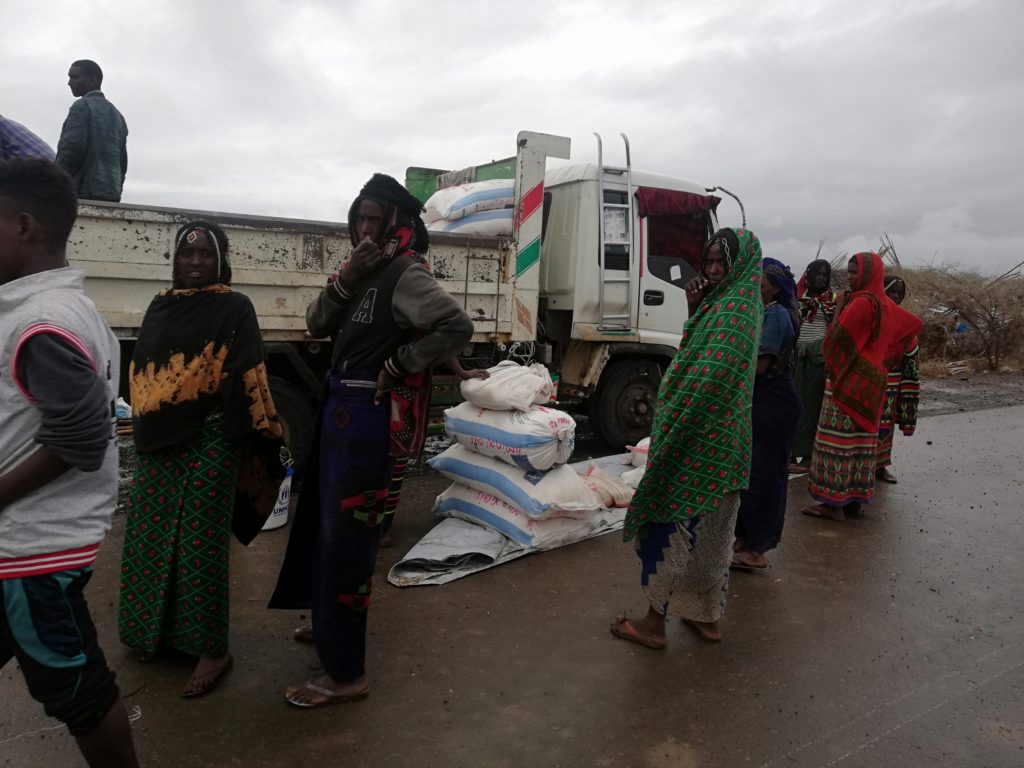
“About 1,000 displaced women have since given birth from the Camp and others in the bush under trees,” Maha said, noting that the living conditions in the Camp are challenging especially to women, children and elderly who require special treatment.
At the Chifra area, I saw people including children whose hopes in the future is all gone, they live in dire conditions. They depend on relief items supplied by Government of Ethiopia and humanitarian agencies.
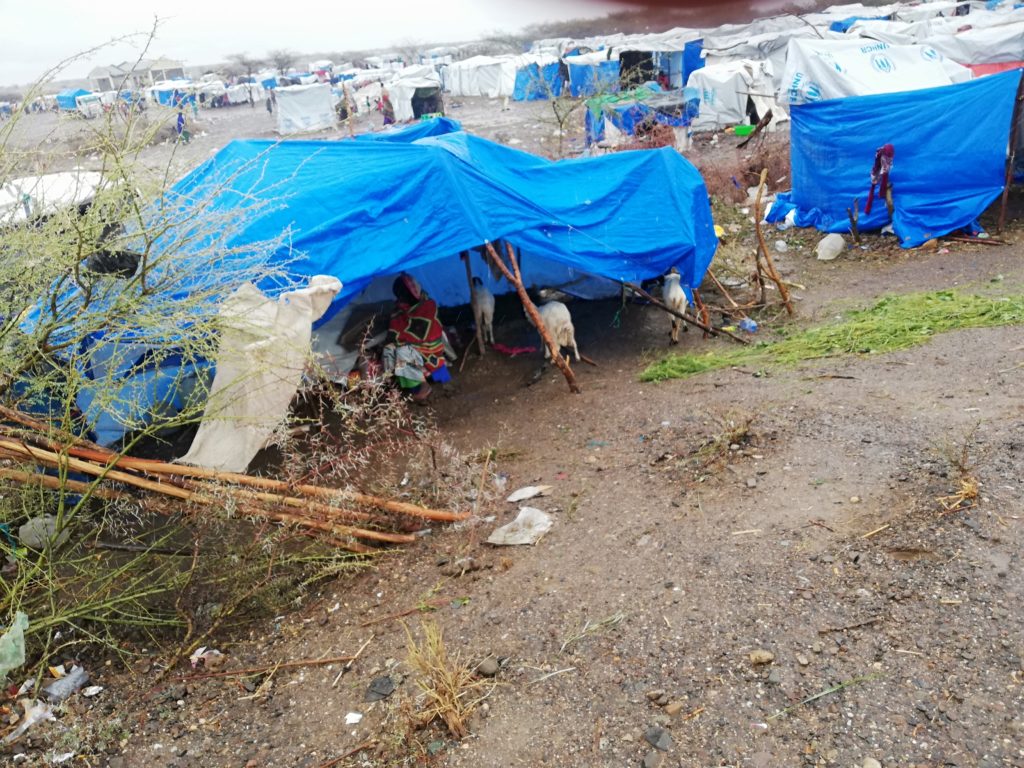
ptr
Kassahun Abuamar, one of the IDPs at Chifra said, “I lost everything, my cows, goats and sheep as well as my wife and two children. The animals ran away after amid heavy gun sounds and my family members were shot dead by TPLF fighters when they attacked Woldiya Woreda.”
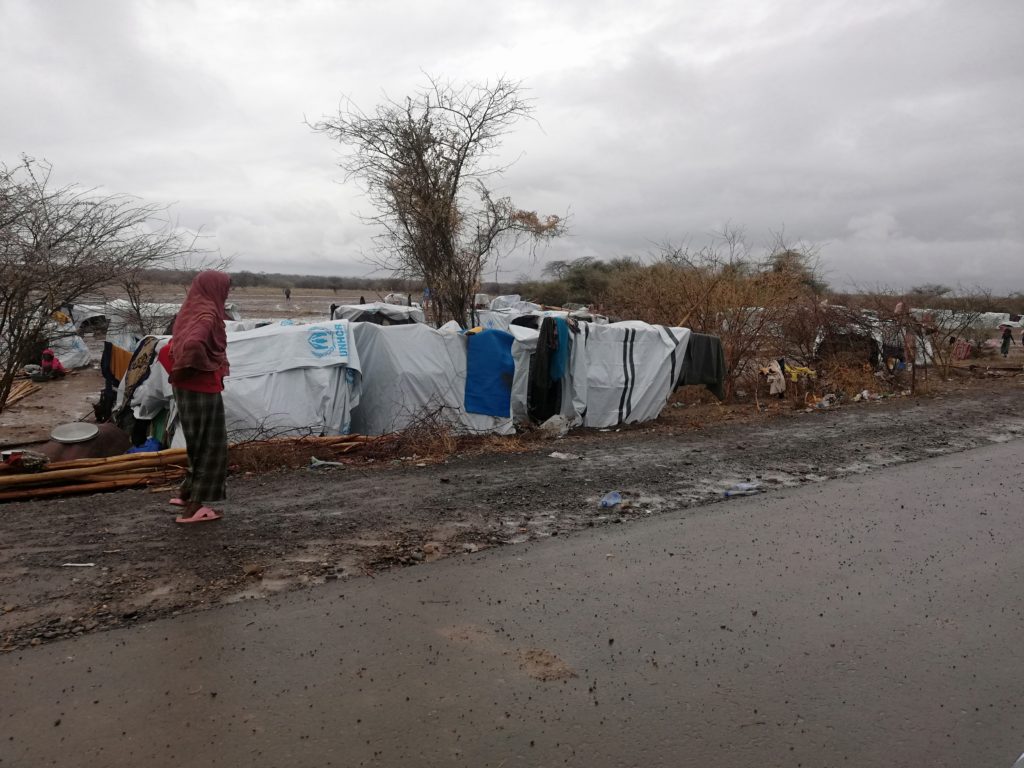
It should be noted that TPLF, which ruled Ethiopia for 27 years until 2018 when they were forced out of power following mass protests, began war against the Government of Ethiopia on November 3, 2020 by attacking the military base of Ethiopia National Defense Force (ENDF) found in Tigray region. The area housed about 80% of the ENDF military hardware.
The intention of the attack was to control the heavy artilleries and overthrow the Ethiopian Government led by Prime Minister Abiy Ahmed.
The treasonous act of TPLF angered the Ethiopian army and the people of the country in general allowing the Government of Ethiopia to recruit hundreds of thousands of volunteer as soldiers to counter the threat posed by the Front against the unity and stability of Ethiopia.
Within about one month period, TPLF had lost most of its political and army leaders after the Ethiopian national defense force launched counter attack that quickly turned into major offensive. Government, eight months later, declared a Unilateral Ceasefire in June 2021 and withdrew its troops from Tigray region.
The intention, government said, was to allow access of humanitarian support to Tigray as well as enabling farmers to use the rainy season for engaging in agricultural activities.
Contrary to the intention of the Government of Ethiopia, TPLF used the withdrawal of Ethiopian troops from the region for reorganizing and expanding its invasion into the neighboring Afar and Amhara regions of Ethiopia where they caused massive destruction and starvation.
The invading forces were towards the end of last year pushed out of Amhara and Afar regions, and retreated back to Tigray, thanks to the aggressive counter movement by Ethiopians inspired by the Prime Minister who went to lead the offensive against the terrorists from the front. There is however no guarantee that the terrorists will not invade the areas again.
The civilian population here feels the international community has neglected them since non has strongly come out to condemn TPLF’s belligerence in the two regions.
Huzaifah Girma, a resident of Dessie in Amhara wonders why the West, the academia and the U.S are concentrating on war and destruction in Tigray alone yet the same spilled over to Afar and Amhara, thanks to TPLF.
“Why is our suffering ignored? We have lost almost everything from lives to property courtesy of TPLF but they aren’t been condemned and warned not to commit such crimes again. They found us here, they killed us, and they damaged everything,” explains Huzaifah.
Prof. Moses Khisa, a Ugandan Citizen and assistant professor at North Carolina State University (USA), who lived and worked in Ethiopia for years emphasizes that atrocities and devastation in the Amhara and Afar regions got almost no attention and international media coverage.
“All this has fuelled an unprecedented anti-western sentiment among Ethiopians, seen on Twitter and among those I have talked to here in Addis Ababa,” he wrote in his recent opinion published in the Daily Monitor.
“A taxi driver told me, matter-of-factly: ‘if you want to know what’s happening here, don’t listen to western media.’
Ethiopians feel hard done and betrayed by the outside world that overtly or covertly rallied behind a former ruling elite that was unable to deal with losing power after almost three decades.”
“There is no doubt Ethiopia is in a made place. War is bad business. I have spoken directly to friends in the Amhara region who say the extent of destruction is unbelievable. Tigray has borne the brunt of the war from the start,” he added.
In fact, there is a wide belief among Ethiopians, basing on the behavior of the West and the U.S towards the Tigray conflict, that they are simply meddling in the internal affairs of their country for selfish interests as opposed to the benefit of the ordinary people.
The locals say the West and the U. S have for more than a year been amplifying a smear campaign and reportedly supporting rebels against the legitimate government.
They have deliberately ignored all efforts by federal government aimed and restoring peace and instead propagate a narrative as though the Ethiopian authorities orchestrated the ugly developments in Tigray.
The West and its media have on a daily amplified claims by TPLF propagandists and lobbyists both inside and outside Ethiopia who are acting victim of their own insurrection and crimes on the people of Ethiopia. Never have they condemned TPLF’s belligerence in the neighbouring regions.
Such has deprived them from coming to the rescue of the suffering and dying civilian population in Afar and Amhara regions.

